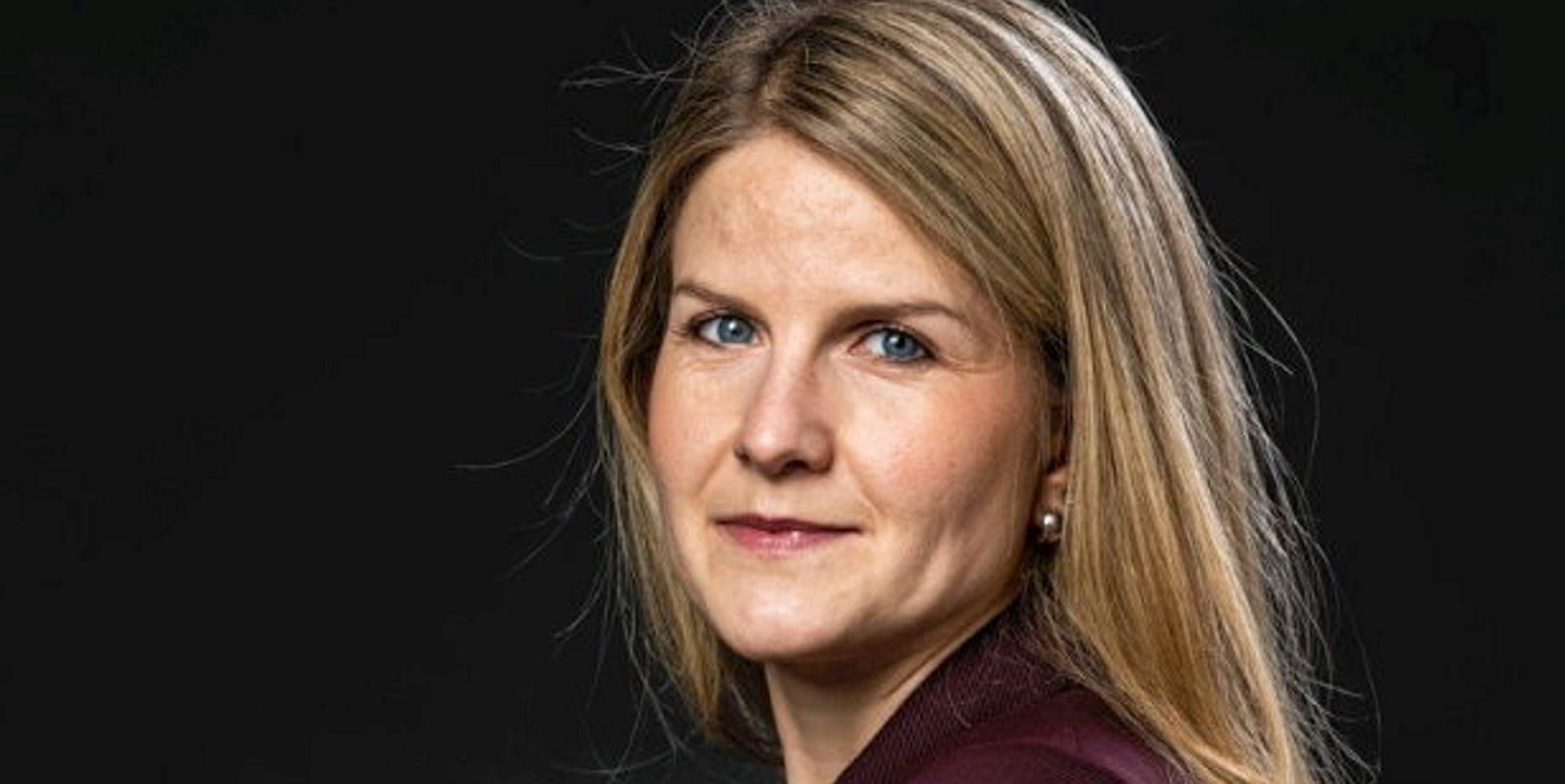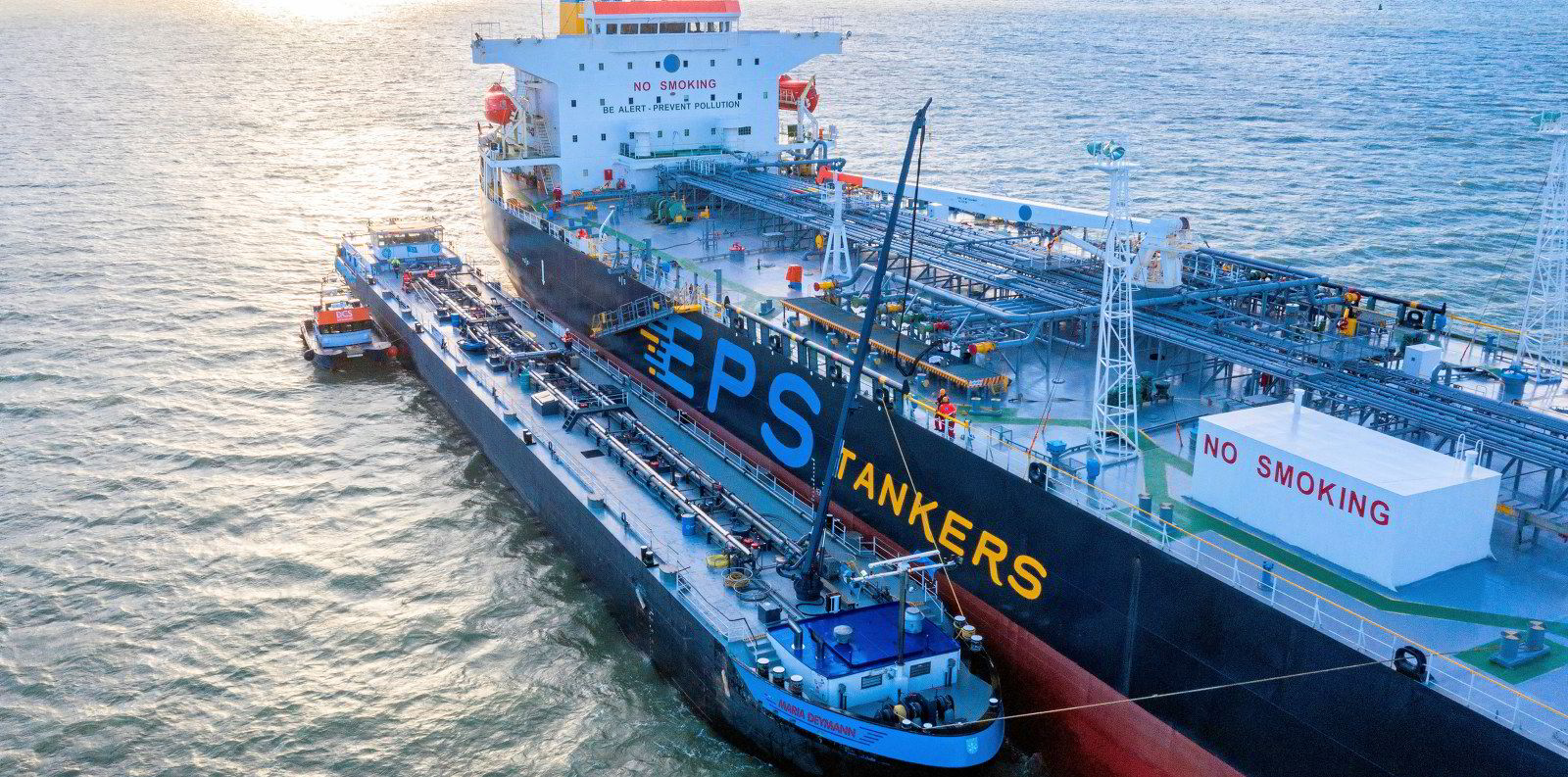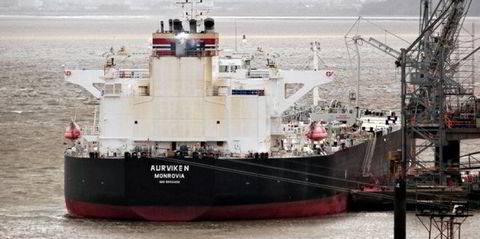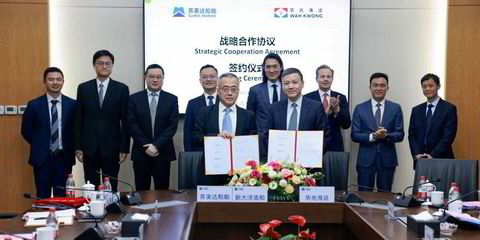Cargo owners need to actively support shipowners if the industry is to reach its goal for zero-carbon emissions by 2030.
That was the message sent out by stakeholders across shipping's value chain at the Singapore Norway Innovation Conference held in Singapore on Wednesday.
The industry, they said, cannot achieve an environmentally and commercially sustainable future without the support of its customers.
"We need collaboration between cargo owners and shipowners to see some winds," said Ingrid Kylstad, sustainability lead at technology company ZeroLab by Klaveness.
She said shipping's transition to zero carbon is being driven by regulators, but this will be uneven across the regions.
Incentives, she added, are not market driven, but they are critical, otherwise the move to net zero will be an impossible task.
"There is scope to create collaboration between cargo owners and shipowners," she said, highlighting the Sea Cargo Charter initiative as a good example.
"Cargo owners have an important role to incentivise early adoption and prove that the demand is there.
"The technology is available, but there is a need to create a demand for it."
Shahrin Osman, director of the DNV Maritime Decarbonization & Autonomy Centre of Excellence, is increasingly optimistic as some cargo owners have begun to take up the challenge.
He highlighted the Green Corridor project for iron ore shipments from Australia to China that DNV participated in.
BHP, the exporter, teamed up with Eastern Pacific Shipping on five dual-fuel newcastlemax bulkers that will enter service in 2022.
"Moving it from a study to ships on the water was very fast. From feasibility to reality took five years," Osman said.
Carbon taxes
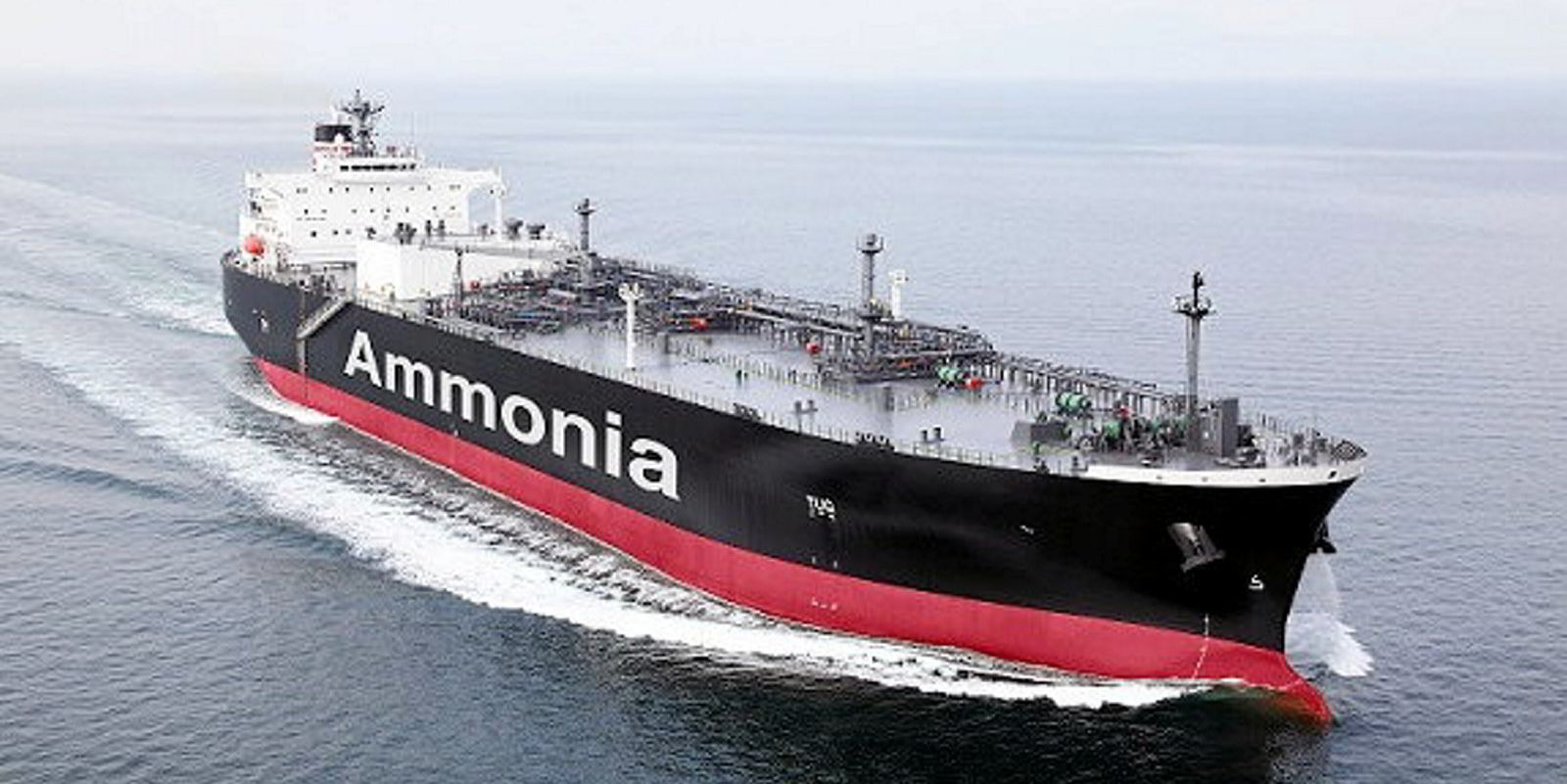
Panellists believe regulators also have a strong role to play in providing incentives.
"The IMO and governments need to reduce the green premium so that it makes sense to run on green fuels," Kylstad said.
She cited Europe, where regulators are introducing carbon taxes and pushing for the use of blended fuels.
Richard Harvey, general manager of process solutions at Siemens Energy Singapore, said some countries are moving in the right direction but a bigger push is needed from regulators to force older, less efficient ships out of the market.
"Authorities need to send out the message that vessels of a certain age and emissions output are no longer welcome in their port," he said.
Speaking from the perspective of a regulator, Tham Wai Wah, the Maritime & Port Authority of Singapore (MPA)'s chief sustainability officer, said decarbonising shipping is something that the entire value chain needs to move along, and authorities "need to be clear with stakeholders".
Beyond just regulating, Tham said, authorities need to work with the industry to push the development of alternative fuels.
The MPA believes there is no one "silver bullet" when it comes to alternative fuels, and ports should facilitate and adopt a multi-fuels approach.
